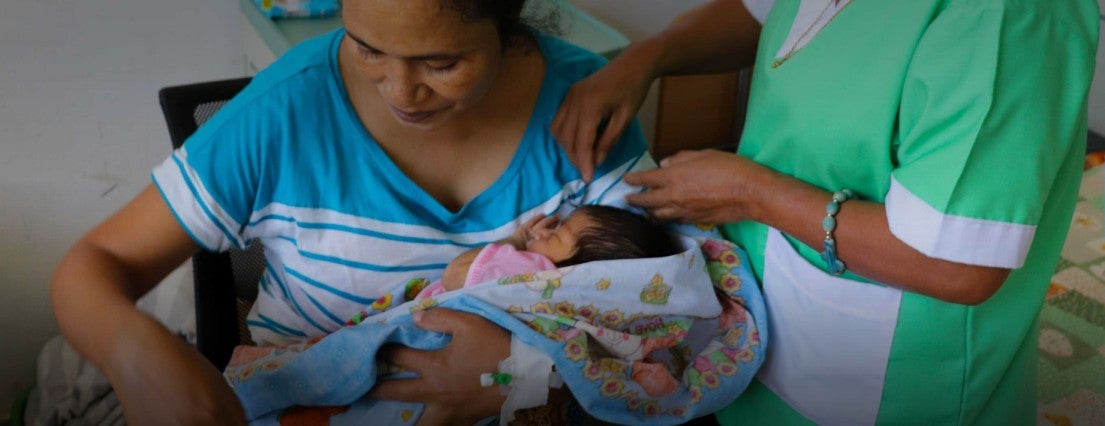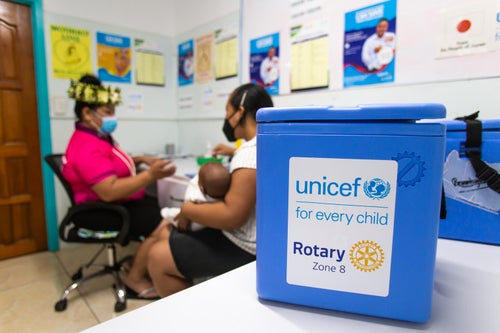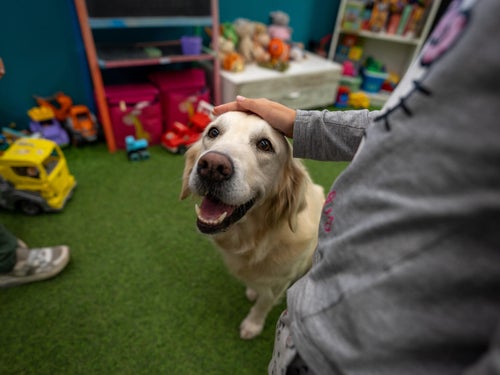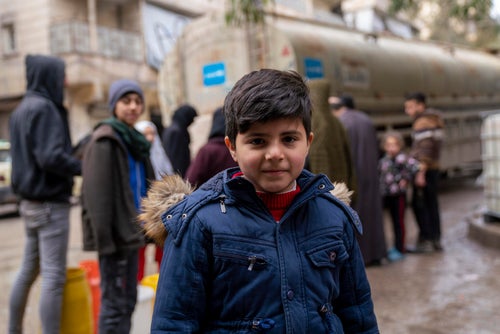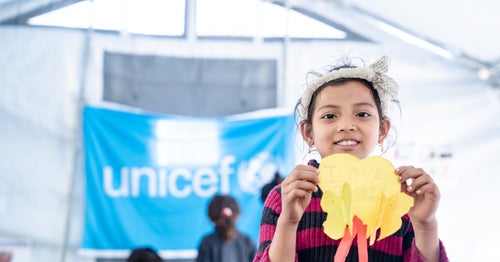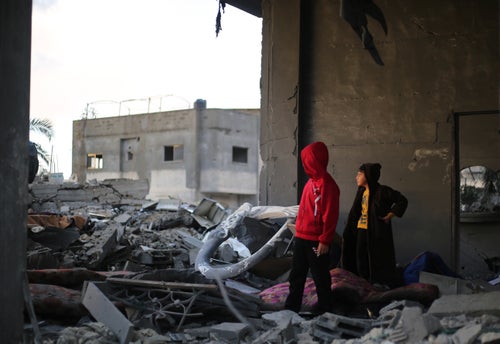Imagine giving birth in the dark at a health clinic with no running water, broken equipment and limited medical supplies. The power is out, and your doctor is using the light from their mobile phone to deliver the baby. If something goes wrong, you are hours from the nearest hospital – and there’s no guarantee there will be a working ambulance available to get you there.
Only an hour’s flight from Darwin, this is the reality for many women in Timor-Leste.
It’s a country where mothers and newborns are still dying preventable deaths due a lack of access to quality healthcare.
Countless men and women are working to change this. Against the odds, these are the women doing everything they can to save the lives of mothers and newborns.
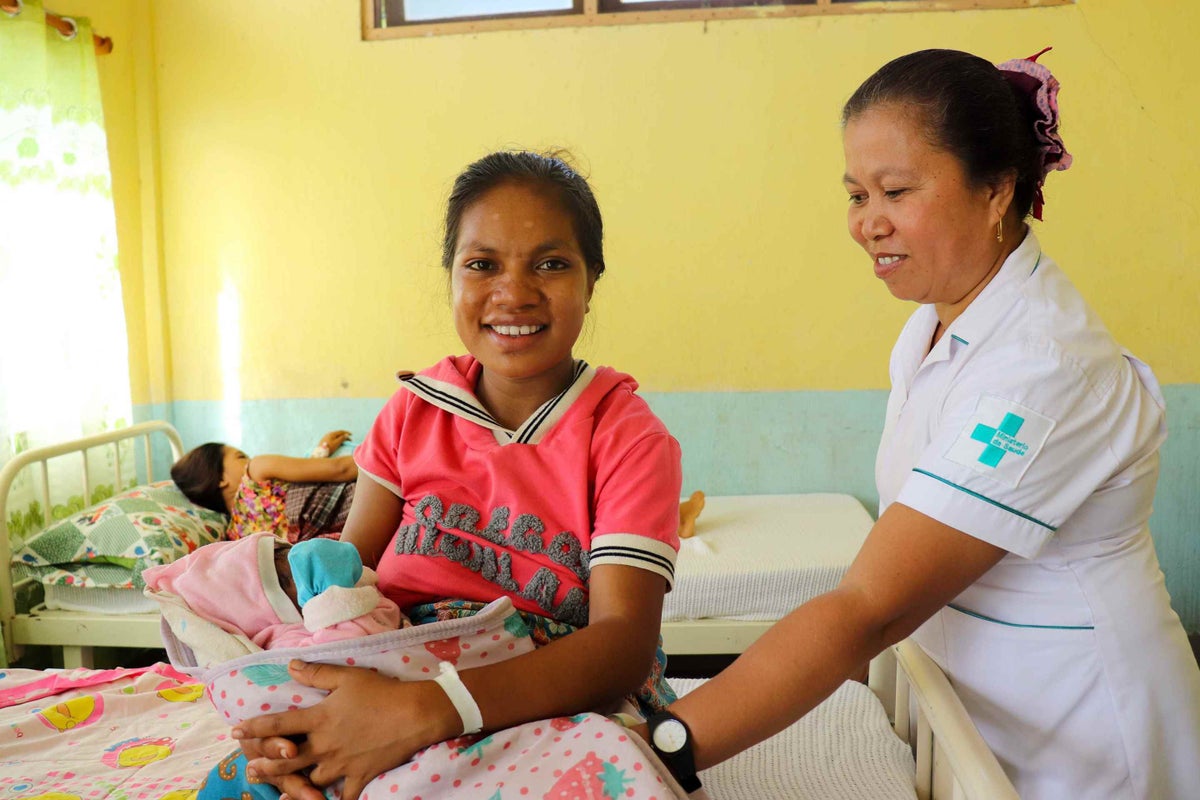
Midwife Ana
"We face a lot of challenges in our daily work," explains Ana, who has worked as a midwife since November 1995.
"Sometimes, I have to assist with deliveries at a home in a village. I will walk to the village while carrying the equipment bag," says Ana who has walked up to three hours each way to help mothers in labour.
"Sometimes I can go by motorbike, other times I have to ride a horse with the family members to reach their home and assist the mother during childbirth."
"If during the childbirth there is a complication, we will transport the mother in a mini truck if the ambulance is not available."
UNICEF is supporting the health sector in Viqueque, where Ana works, to improve the quality and accessibility of medical care for pregnant mothers.
Currently, 70 per cent of rural health posts in Timor-Leste have no access to water. "Now we have good water supply," explains Ana. "But when we had no water, we had to ask the family members of the patient to carry one or two gallons of water to assist the delivery process."
With better facilities, it’s hoped more women will choose to come to health clinics to deliver.
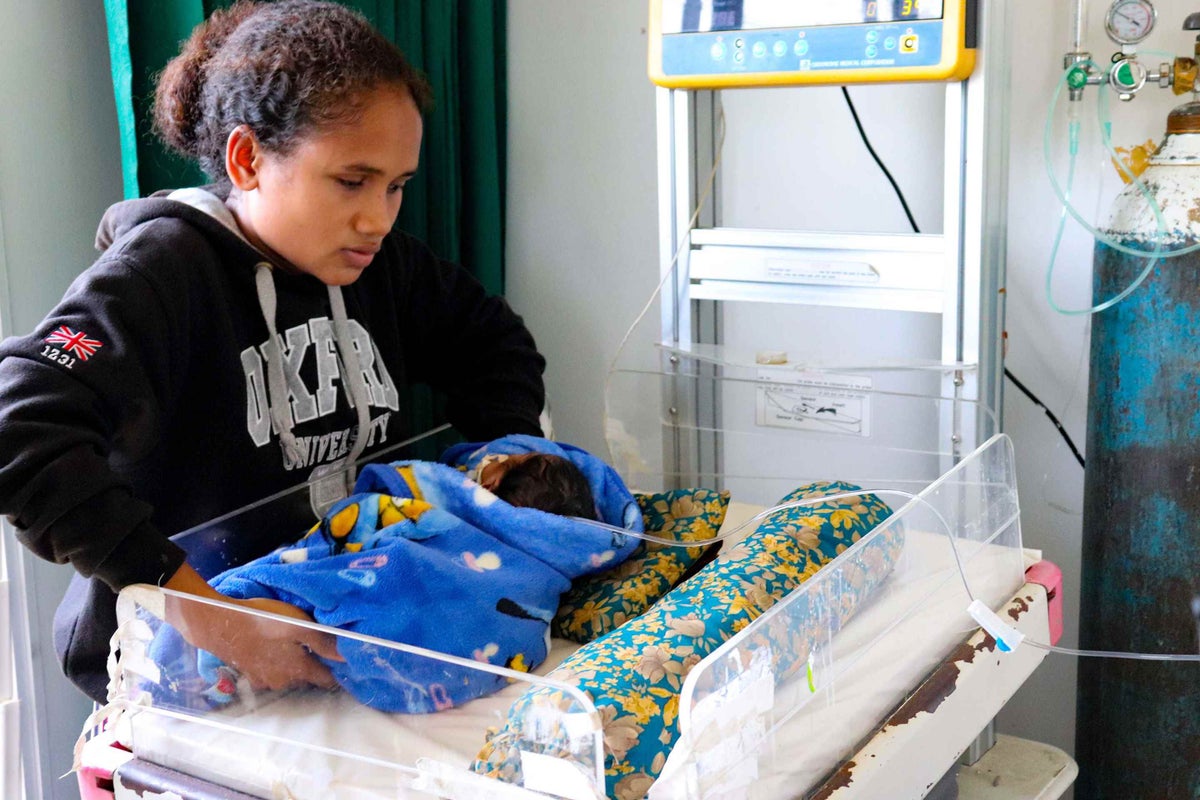
Mum Zulmira
Zulmira travelled over six hours to get her son the medical care he needed.
In the Baucau Regional Hospital we meet mother Zulmira and her three-week-old son, Apriliano.
Like many mothers in rural Timor-Leste, Zulmira walked over an hour to her local health centre to give birth to her son. Then, the next day she walked home.
Three days after birth, Apriliano was not feeding properly and had developed a rash and stiff neck. Zulmira walked back to her local health post, carrying her son. From here she was referred by ambulance to a larger health centre which was better equipped to help her.
Unfortunately, due to the severity of Apriliano’s condition they had to be referred again, this time to the Baucau Regional Hospital – a three-hour drive away over rough and broken roads.
Zulmira says she was scared on the long journey because her baby was so sick.
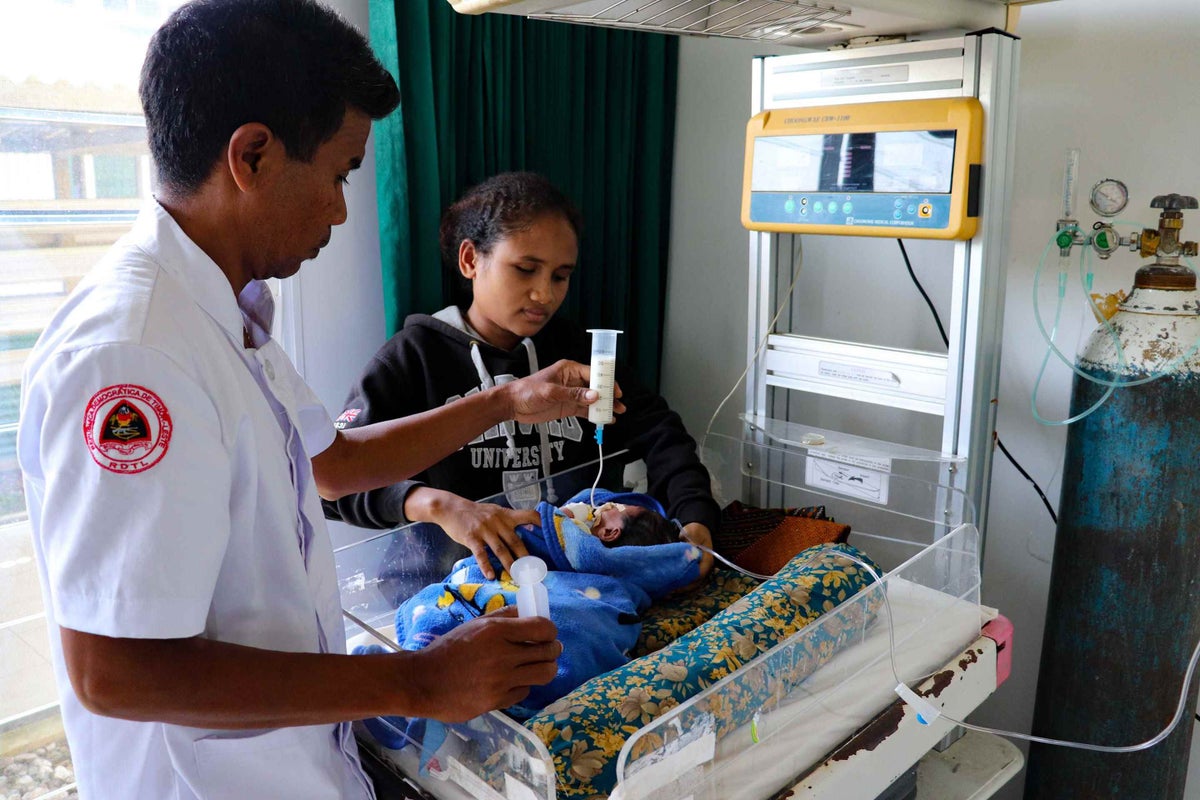
At the Baucau hospital, Apriliano was diagnosed with sepsis, meningitis, and an abscess on the brain. After two weeks of treatment he started to do much better "as of now the baby is doing well," says Doctor Ana Ornai on the day we visit the hospital.
With support from the Australian Government through the Australian NGO Cooperation Program (ANCP), UNICEF is working with the Government of Timor-Leste to improve health services at the community level so fewer patients like Zulmira and Apriliano will need to be referred long distances, which means they can receive critical care sooner and more mothers and their children can survive.
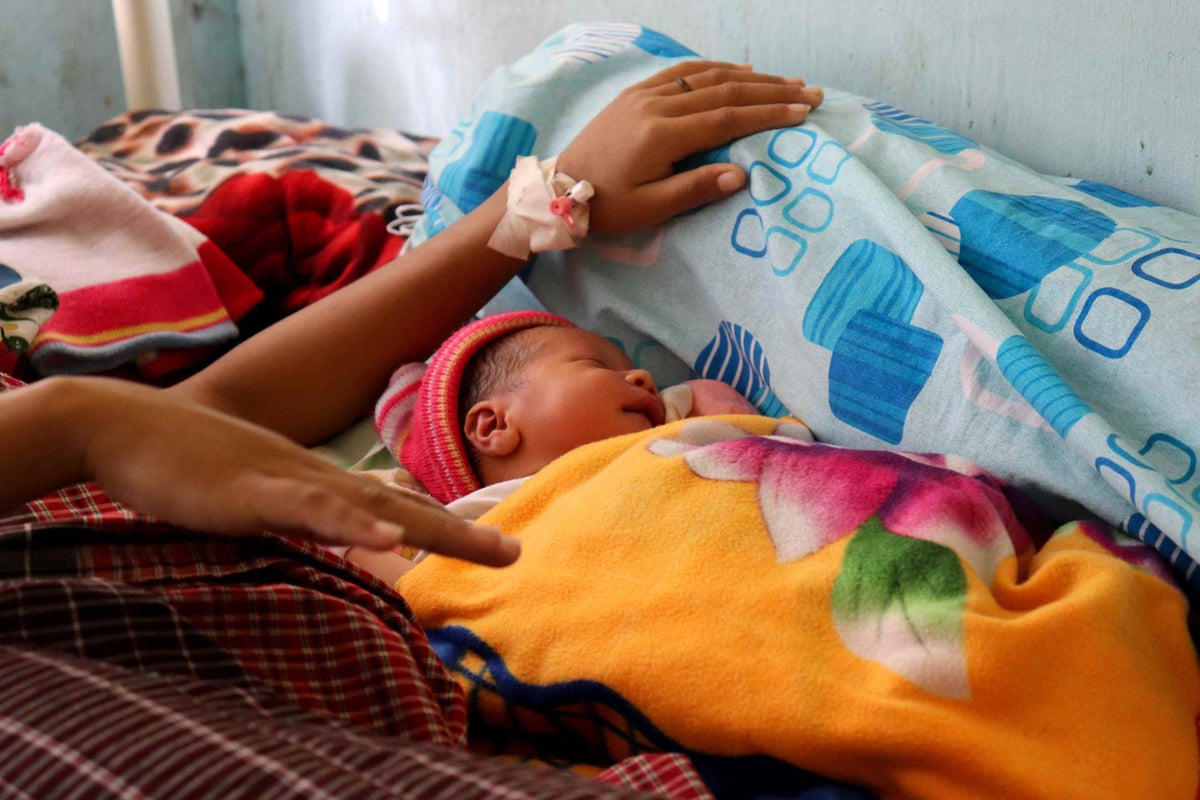
Doctor Onofria
Doctor Onofria Maria do Amaral Guterres has been overseeing the Viqueque Community Health Centre's maternity ward for the past two years.
For critical cases she and her team must stabilise the patient and then refer them to the regional hospital in Baucau, which is better resourced. But with bad roads, the harrowing trip can take over three hours.
There’s also only one functioning ambulance and this could wear out quickly due to the poor quality of the roads. Some mothers and their babies don’t make it.
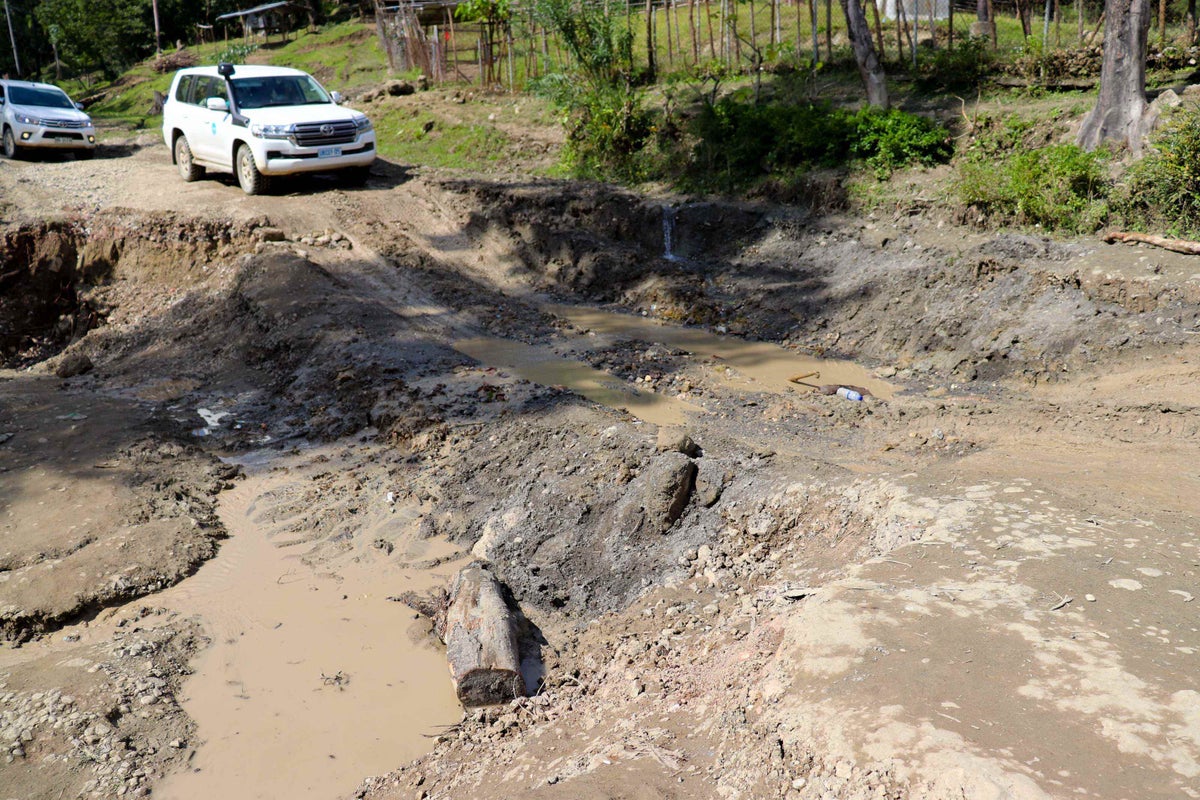
"Since 2017, there are no mothers among our patients who have died, but for babies there was one we referred to Baucau who passed away on the way."
The birth was normal and initially the newborn girl was doing well, but later that night, nine hours after the birth, Doctor Onofria was called by the midwife:
"The baby’s condition was not good, she was having difficulty breathing."
"I came straight away to see her and put her on oxygen. We repeated suction and contacted ambulance to refer her [to the hospital in Baucau]."
"Unfortunately, she passed away on the way."
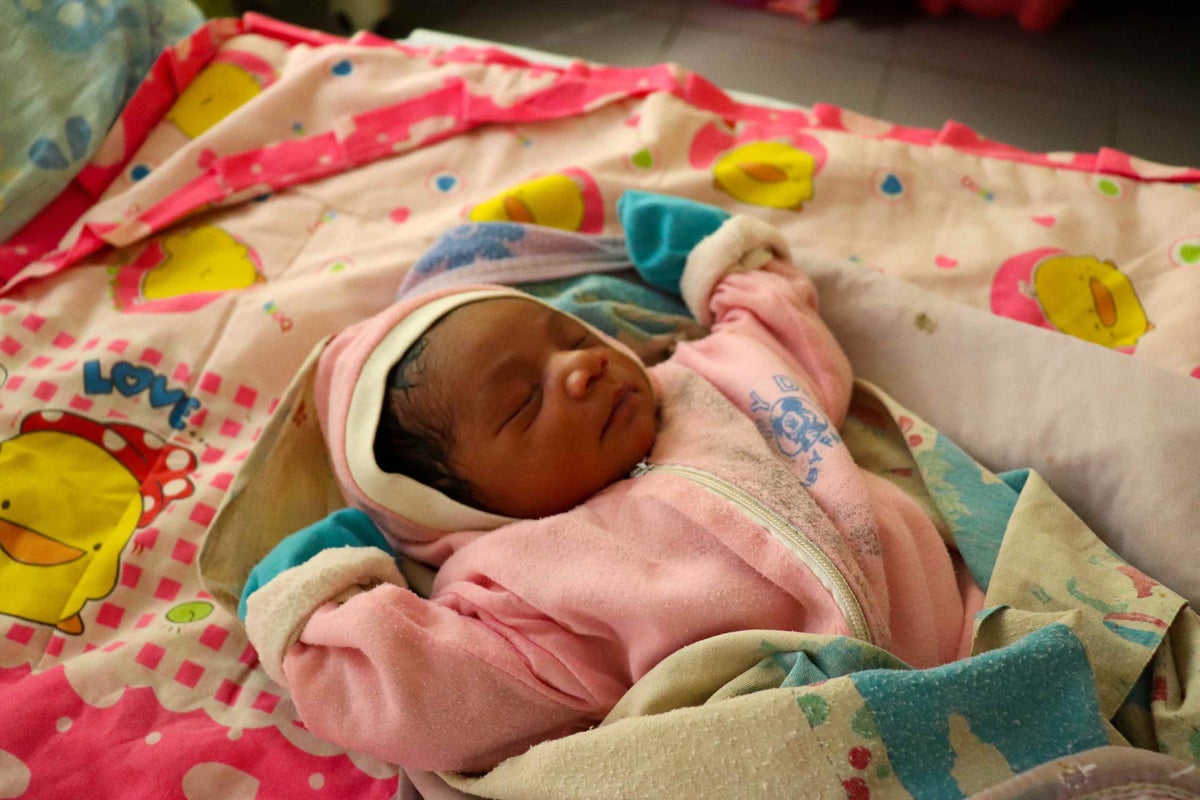
Doctor Onofria has two children of her own: a five-year-old and a five-month-old. In her first pregnancy she herself had to be referred to the Baucau hospital for a caesarean section after a complication arose. For her second pregnancy she travelled to Dili in advance "Just in case, because what if there was no ambulance [available]?"
The resources at her health centre are limited, something her and her team are working hard to change with support from UNICEF.
"The most challenging thing is the electricity as our generator is not functioning […] another challenge is lack of equipment and essential medicines."
"I will ask a family member of the patient to hold the phone while I am providing the care. The worst case was when we had to do cervical stitches in the dark."
Doctor Onofria says mothers are happier to come to the health centre since the start of the UNICEF program.
"The mothers now feel comfortable to give birth here because it is clean and well organised. They now feel that they can have their own privacy as the beds are separated by curtains."
Previously many mothers wanted to leave the health centre after only a few hours, going against medical advice. Now that the facilities have been improved many more are staying the recommended 24-hours after birth, meaning if anything goes wrong trained medical staff are on hand to help them quickly.
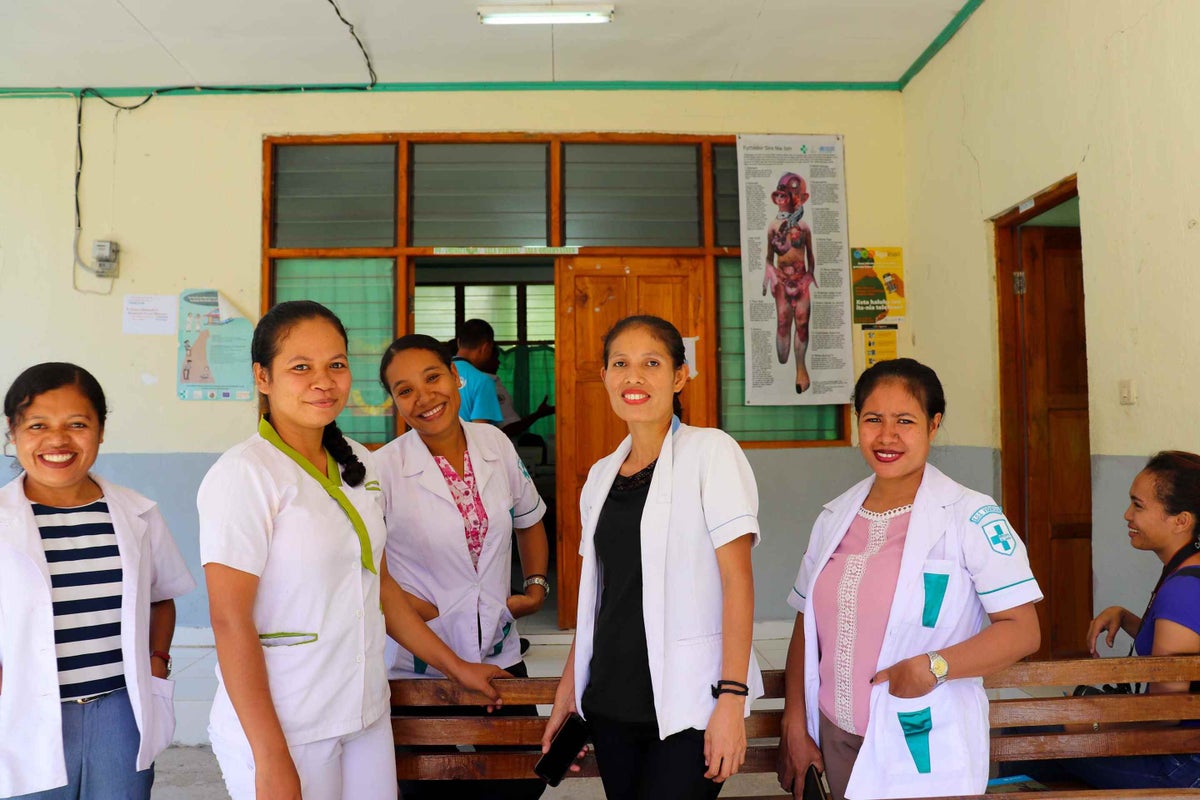
In Numbers
- 19 newborns die for every 1,000 live births in Timor-Leste.
- 42 per cent of deaths in women aged between 15 and 49 years are due to complications from pregnancy and childbirth.
- In rural areas, 66 per cent of mothers give birth at home due to the distance to healthcare, poor quality of healthcare and facilities, or a preference to receive traditional help at home.
UNICEF, with support from the Australian Government and Australian donors, is providing technical assistance and funds to support training for health staff, supply equipment and improve clinics and health posts in regional and remote areas of Timor-Leste, so every mother and newborn can access quality healthcare.
Related articles
Stay up-to-date on UNICEF's work in Australia and around the world



